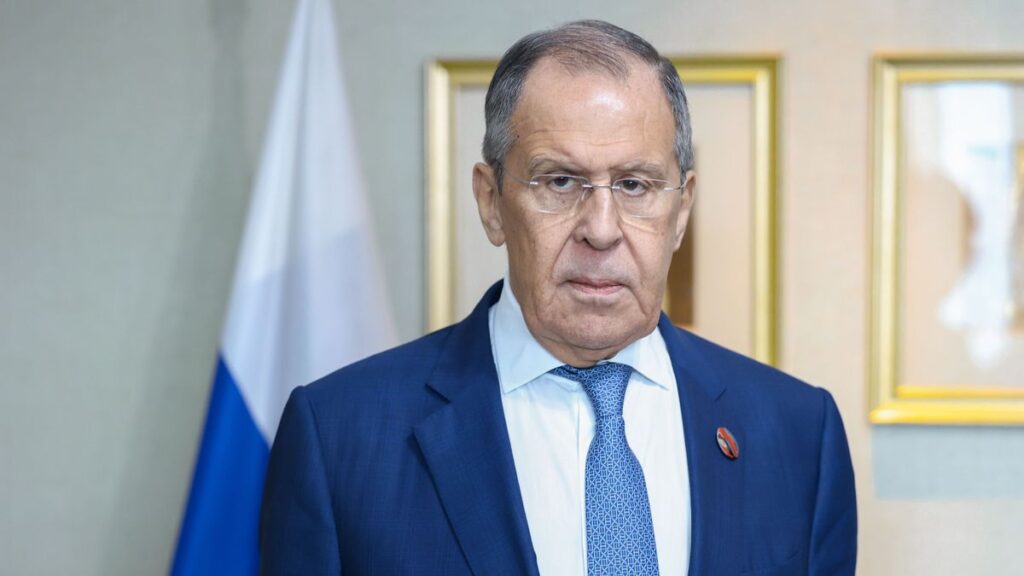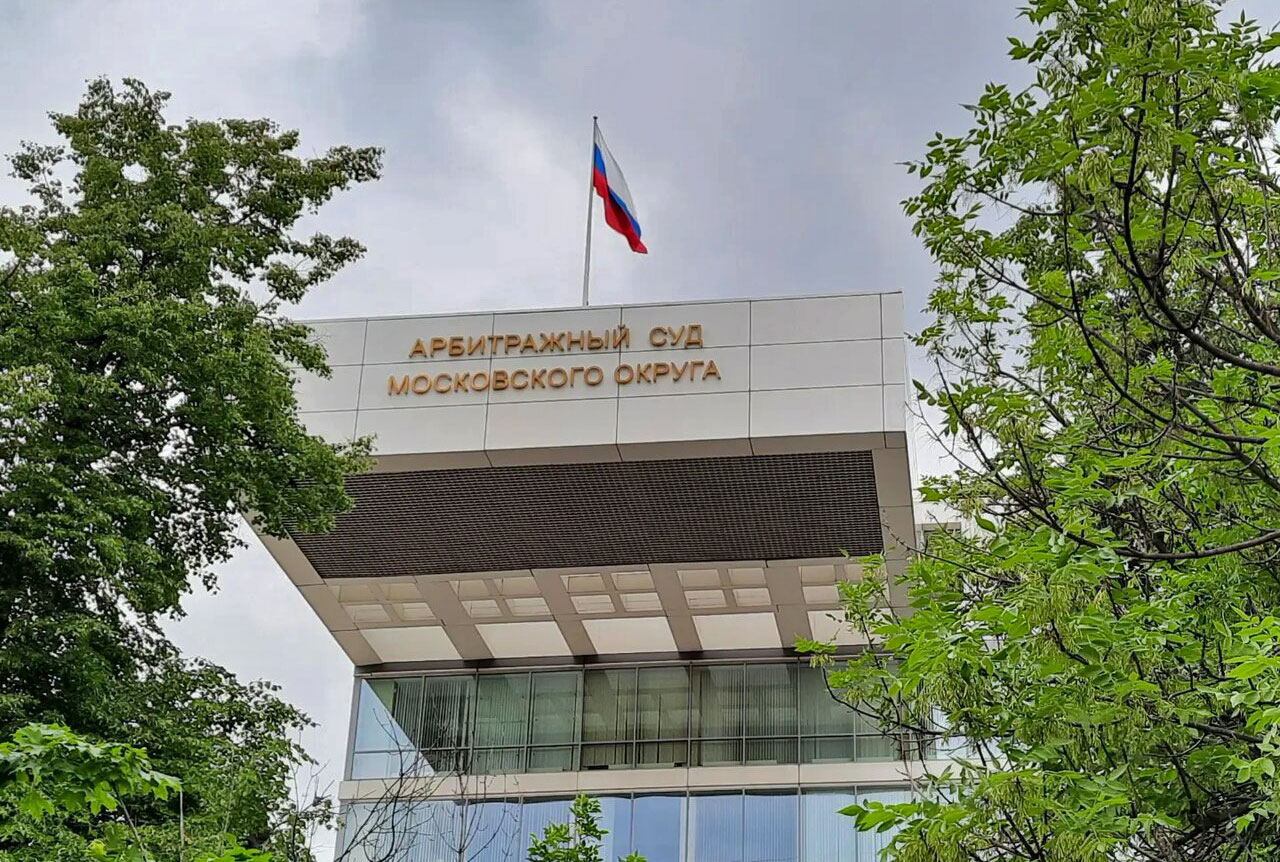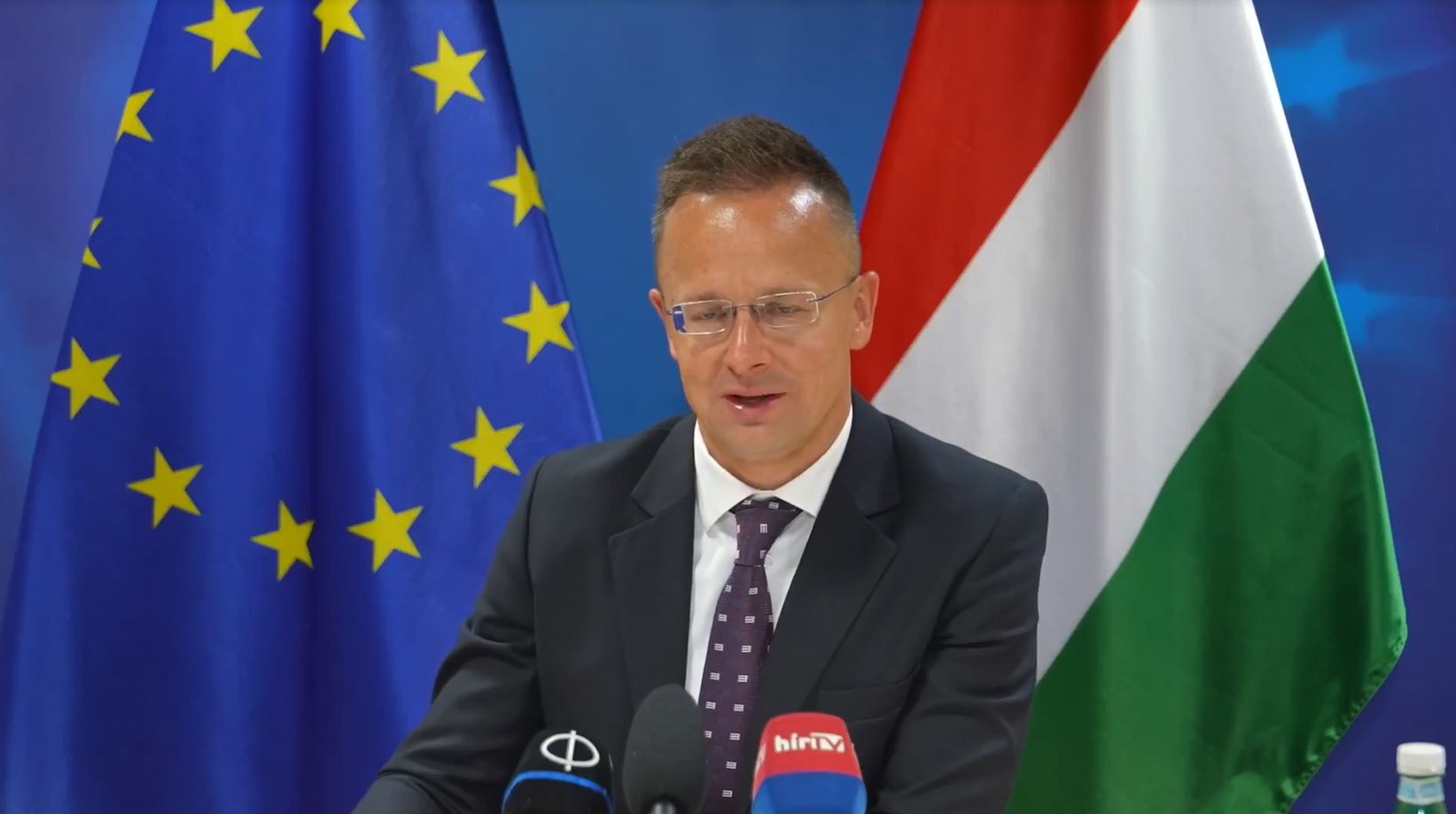Kremlin tells Hungary: Act with us in Ukraine — for the “compatriots”

Russian Foreign Minister Sergey Lavrov said Moscow and Budapest should “unite efforts” in defending their “compatriots” in Ukraine — a term the Kremlin uses to justify interference in foreign states. The comments appeared in an exclusive interview with Magyar Nemzet, a pro-government Hungarian newspaper, published on 7 July 2025.
Lavrov has repeatedly invoked the concept of “defending compatriots” as part of Russia’s stated goals in Ukraine. In this interview, he again mentioned it while proposing joint steps with Hungary.
Speaking to Magyar Nemzet, Lavrov said:
“Today, Russia and Hungary are openly speaking out in defense of their compatriots. We can unite our efforts in this regard,” Lavrov stated.
Lavrov blames Kyiv for alleged discriminatory policies against minorities, while Russia kills Ukrainian civilians every day
Lavrov repeated the Kremlin’s narrative that Ukrainian authorities target Russian-speaking citizens and other national communities. He said that after 2014, Ukraine ostensibly pursued policies aimed at erasing Russian language, culture, traditions, “canonical” orthodoxy—meaning Moscow’s church in Ukraine—and media.
Lavrov said Hungary is well aware of what he called the “forced Ukrainization” of minorities, including ethnic Hungarians. He stated that both Russia and Hungary are already speaking out in defense of their compatriots and proposed that the two countries unite their efforts. He presented the issue as one affecting language, identity, and rights — and as a shared cause for coordinated action.
He accused Kyiv of “destroying everything connected to Russia, Russians, and Russian-speaking people” in areas it controls. Lavrov added that other ethnic groups, including Hungarians, Romanians, Poles, Bulgarians, Greeks, Armenians, and Belarusians ostensibly “also underwent violent Ukrainization.”
Kremlin praises Hungary’s cooperation and ongoing projects
Lavrov praised Hungary’s stance toward Russia, calling it “balanced” and “pragmatic.” He noted that Hungary follows this course despite “constant pressure from NATO and the EU.”
He highlighted that “despite anti-Russian sanctions” Russian-Hungarian economic cooperation continues, including energy shipments and the Paks nuclear plant expansion.
Lavrov reiterates demand for Ukraine’s de facto capitulation, blames NATO and Kyiv for Russia’s invasion of Ukraine
Lavrov rejected any ceasefire that would allegedly allow “Kyiv regime” (Russia’s euphemism for Ukraine to deny its sovereignty, – Ed.) to regroup, stating that Moscow seeks a “lasting peace” instead. He demanded full removal of Western sanctions, return of seized Russian assets, withdrawal of all legal claims, and Ukraine’s total demilitarization and “denazification.”

Sanctions hit harder than bombs: Russian courts reveal systemic failure in weapons supply
He also insisted Kyiv must recognize Russia’s sovereignty over Ukraine’s Russian-occupied regions. According to him, those are Crimea, Sevastopol — a city in Crimea which Russia considers a separate entity, Donetsk and Luhansk — which Lavrov referred to as “people’s republics,” Kherson, and Zaporizhzhia oblasts. Russia does not even control in their entirety the latter four oblasts.
The Russian Foreign Minister once again repeated the Kremlin’s narrative that Russia’s invasion of Ukraine was allegedly provoked by NATO’s eastward expansion and Ukraine’s pursuit of alliance membership. He also reiterated the Kremlin’s false claim that “Russians were persecuted and killed” in Ukraine following what he called the “February 2014 state coup in Kyiv.”
“After 2014, Ukrainian punitive squads killed more than ten thousand Russian and Russian-speaking Donbas residents — innocent civilians,” Lavrov stated, invoking a fabricated death toll often used in Russian propaganda without evidence.
In reality, the UN reported about 4,300 military and civilian deaths in the Donbas, with 3,404 civilian deaths.
Politico noted that Lavrov’s remarks, aimed at encouraging Hungary to more openly back Moscow, come as Russia tries to “get Budapest to more overtly support its ongoing full-scale invasion.”
